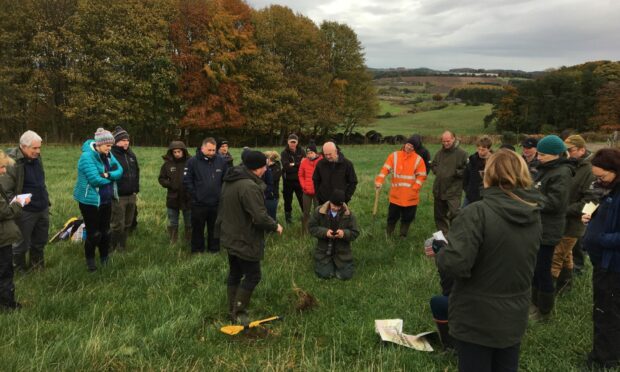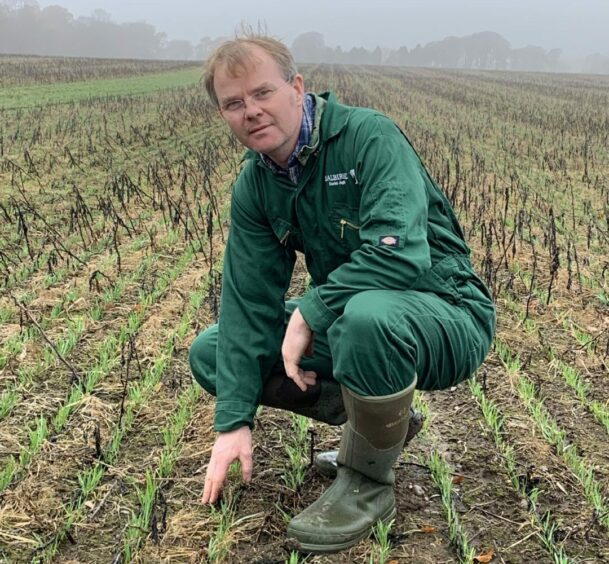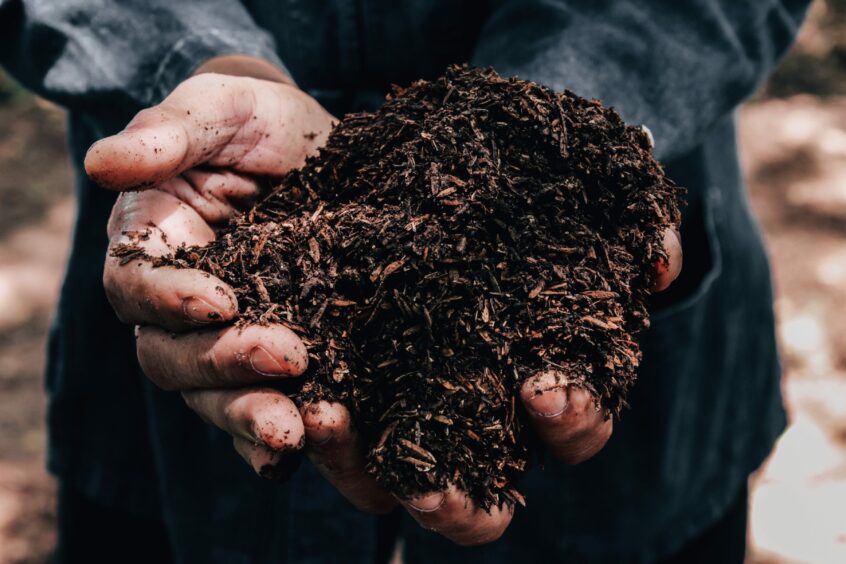A Fife farm manager has likened cover crops to solar panels which he says allow growers to “harvest sunshine through plants to produce food and energy”.
Balbirnie Home Farms manager David Aglen told a soil health workshop near Cupar that cover crops have started to drive their farming system.
He said: “As long as we can keep something growing in the soil then our solar panels can work all year round, the plants are pumping energy into the soil which keeps the soil biology thriving, albeit at a slightly slower pace in the winter, and then, come spring when it warms up it is all ready to go.
“In contrast, in a bare stubble field you just have all that biology sitting there, hungry.
“We are lucky that we can feed cover crops to the livestock, drill through them in the spring and leave them as a mulch which allows us to keep the soil biology alive.”
Mr Aglen said cover crops are drilled as quickly as possible after harvest, and because that can be late in the year only large seeded crops do well at Balbirnie.
“They have a bit of vigour about them and actually get up and do some good,” he said.
“We use winter peas, initially imported from Europe, which we have multiplied up to keep the costs down, rye in front of broad-leaved crops and veg as well as beans as cover crops.”
As part of its role as the AHDB’s strategic cereal farm in Scotland, Balbirnie completed a soils baselining check which highlighted the need to pay attention to soil compaction.
Mr Aglen said the work had reinforced the need to keep a living root in the soil all the time.
He added: “This year, we have no fields that have been harvested that don’t either have the following cash crop or a green cover crop growing in them. This should help reduce the impact of rain on the soil surface and might lessen the ponding which occurs in one or two fields over winter because of a very small pan that forms on the surface with rainfall.
“We are now direct drilling as much as we can to minimise soil movement and we will continue monitoring our soils annually going forwards.”
More results from Balbirnie Home Farms and other units will be available during the AHDB’s strategic cereal farm results week which runs from November 15-19.
For more information on daily webinars visit www.ahdb.org.uk/sfweek2021


